John Oates is going solo — but still calls Daryl Hall ‘one of the greatest singers of all time’
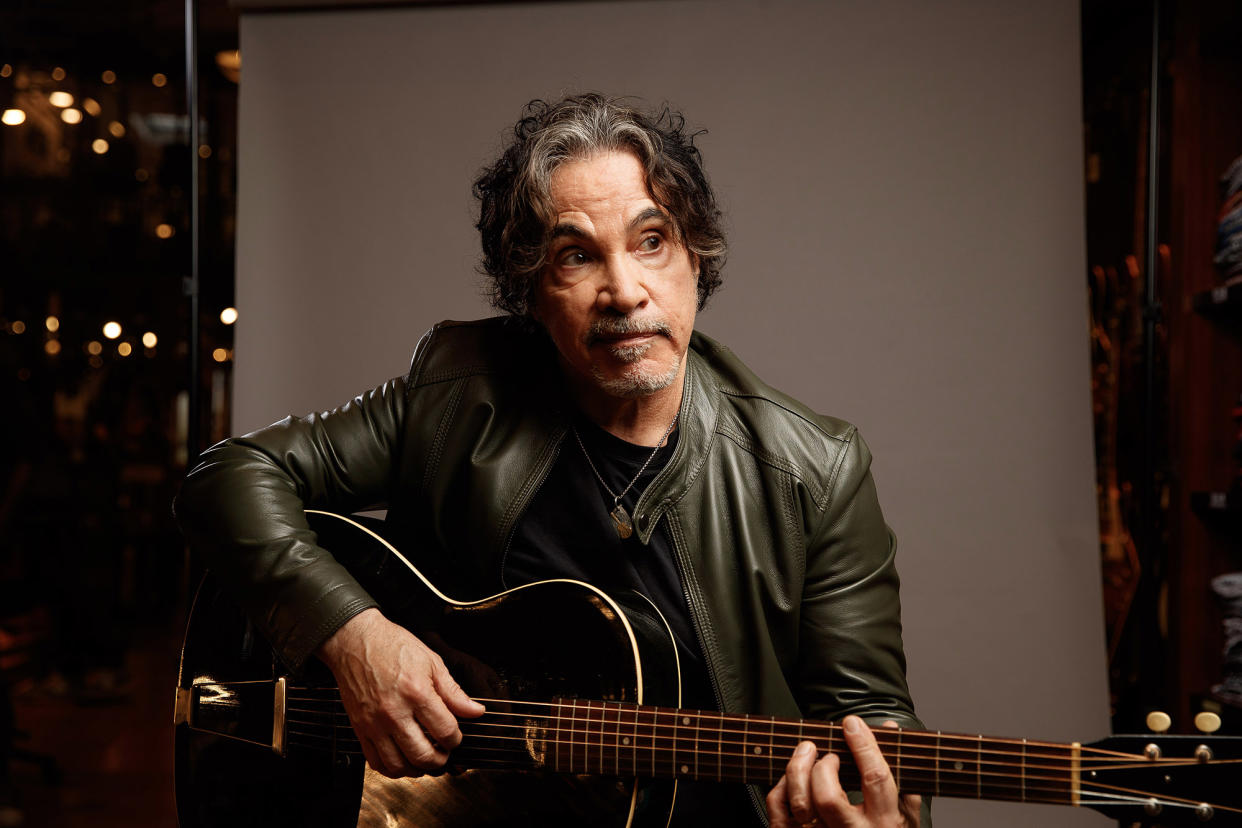
There’s Batman & Robin, there’s Bert & Ernie, and there’s Hall & Oates.
And when news broke last November that Daryl Hall got a restraining order against John Oates — his blue-eyed-soul brother in the best-selling duo in pop history — it seemed as if the pair that ruled the ’80s with their big hair and even bigger hooks had shockingly lost all of “that lovin’ feelin’” for each other.
But as wild as it first seemed, this was not about physical protection — this was strictly a business move to block Oates from selling his share in the pair’s Whole Oats Enterprises to music publishing company Primary Wave.
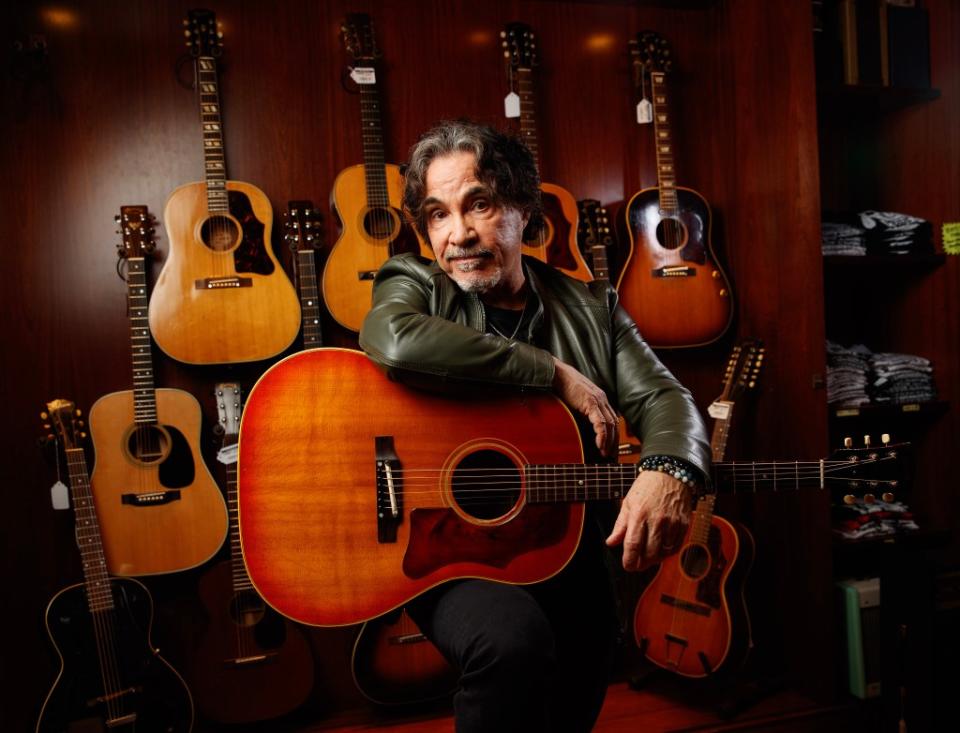
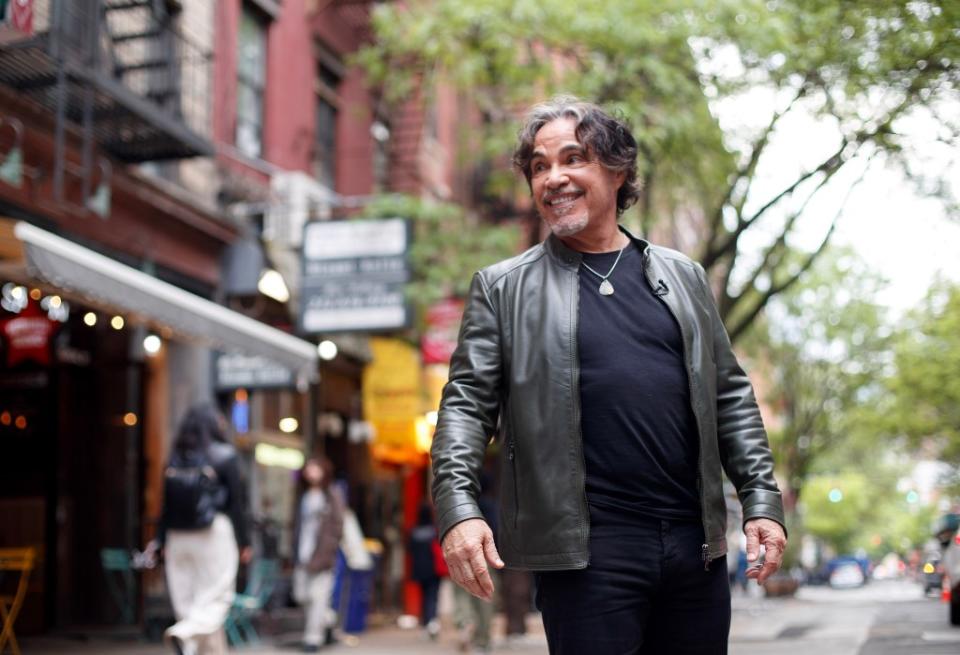
And while Oates can’t discuss the ongoing legal battle amid the breakup that had many of us vacillating between “I Can’t Go for That” and “Say It Isn’t So,” he’s still singing his longtime partner’s praises — even as he begins the next act of his career with “Reunion,” his new solo album, out Friday.
“Daryl’s voice was the one that was on all the hits … And you know, listen, Daryl’s one of the greatest singers of all time,” Oates told The Post outside of the former site of the Gaslight Cafe, the Greenwich Village coffeehouse where the Rock & Roll Hall of Fame duo played their first New York show together in the late ’60s — when they were both in different groups.
“And so when you’re with one of the greatest singers of all time, of course you’re not going to be the frontman. And it’s actually OK, because I don’t think I really felt comfortable doing that anyway.”
That doesn’t exactly sound like a man who has gone from harmonizing to hating.
But at 76, Oates is stepping out of his comfort zone and into the solo spotlight on “Reunion,” a folky affair that feels more like a goodbye to his rock-and-soulmate of five decades — and a return to his own rootsy roots before he’s out of time.
“The irony behind the title has nothing to do with what was going on with Daryl and I in terms of not working together,” said Oates. “It really was inspired by my 100-year-old dad [Al]. We thought we were going to lose him a few months ago … and he told me he was ready to move on.
“And he said he was going to reunite with Mom, who had passed away years before. And when he said that, it really struck home to me because, you know, I’m getting older and … the horizon’s a little closer now.”
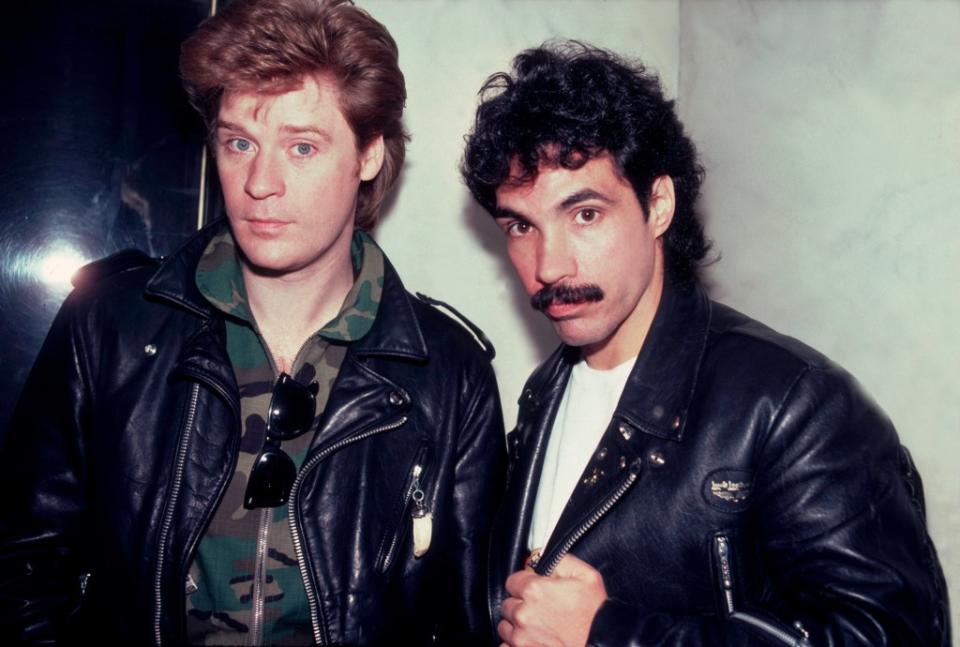
But “Reunion” also reconnects the singer, songwriter and guitarist with a part of himself that had played second fiddle to Hall & Oates since they debuted with 1972’s “Whole Oats” — five years after meeting as students at Temple University in Philadelphia.
“I’m going back to my earliest musical DNA,” said Oates. “I’m remembering and kind of relishing the fact that I was a guy who played a certain style of music before I met Daryl Hall.
“When we met, we pooled our individual influences and created something uniquely original. But the guy I was before that never really left. He just got pushed over to the side, you know, kind of like an old bear sleeping through the winter. And now it’s been reawakened. And so I feel like I’m rediscovering a part of myself that I forgot about.”
This despite the fact that “Reunion” — which features originals such as the wistful title tune as well as a couple covers (John Prine’s “Long Monday”) — is actually Oates’ sixth solo studio album, going all the way back to “Phunk Shui” in 2002. But in a way, this feels like the very first one now that Hall & Oates is officially over.
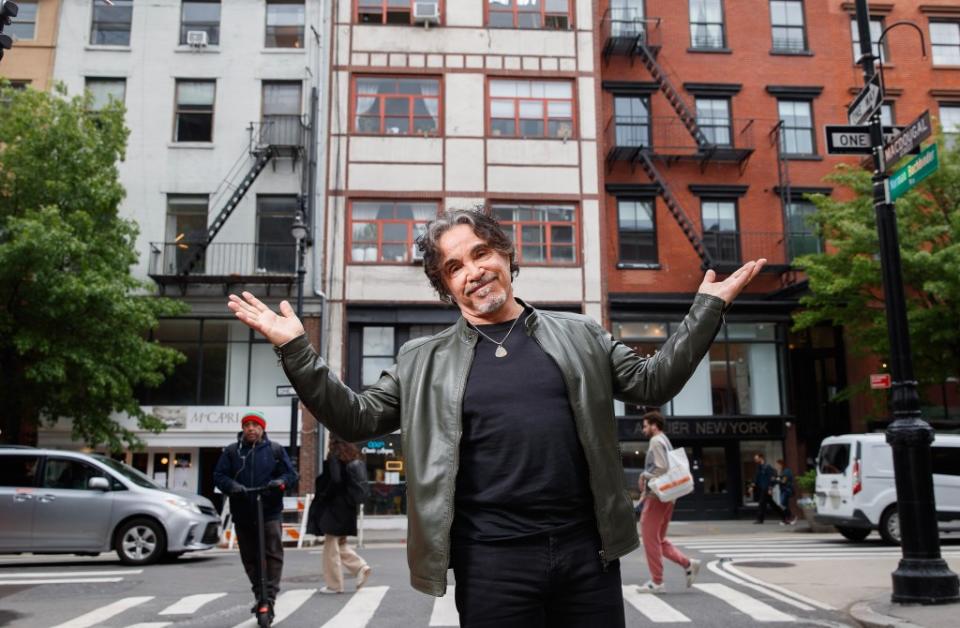
“When I was working with Daryl, trying to be a professional and being responsible, I had a lot of commitments to him, the band … and that was always a priority,” said Oates. “Although musically I always wanted to do other things, it was hard to juggle the two.
“And this is the first time when I’ve been able to fully commit to the projects that I want to do now … Being fully committed makes all the difference.”
But Oates isn’t going completely solo in this next chapter. After moving to Nashville in 2010 with wife Aimee, he’s surrounded himself with a new musical family including bluegrass greats such as Sam Bush, who co-wrote “This Field Is Mine,” and renowned Dobro player Jerry Douglas, featured on “I Found Love.”
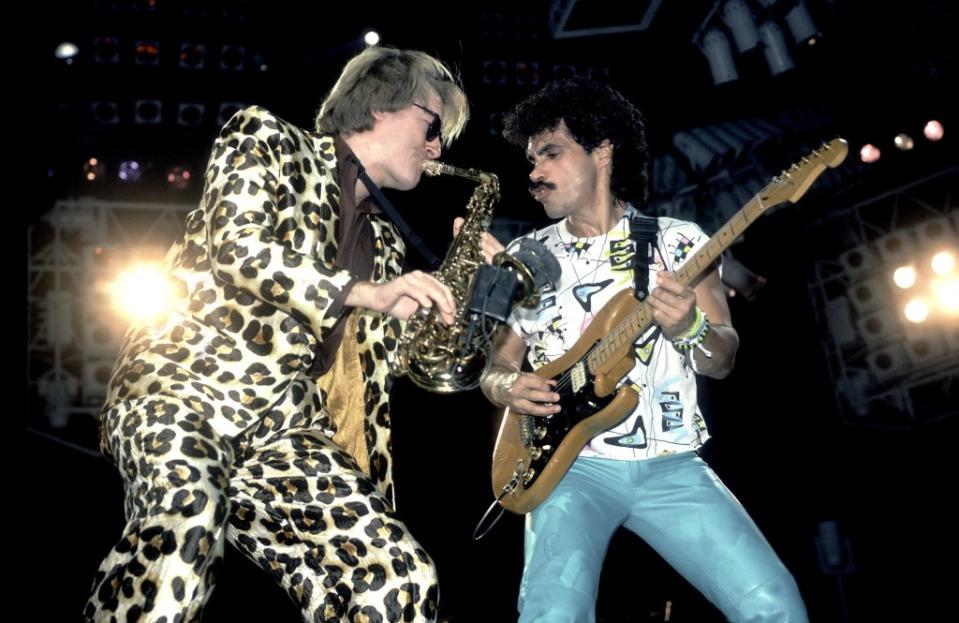
“All the people who made the album are friends of mine, and we’ve had experiences together in the studio or on the road,” he said. “So it’s really, I think, the most personal album I’ve ever done.”
Indeed, “Reunion” is putting Oates back in touch with the man behind the mustache. (And yes, he’s in the Mustache Hall of Fame too.)
“You got to go back to the beginning to start over,” he said. “So in a sense, I guess that’s what I’m doing.”
